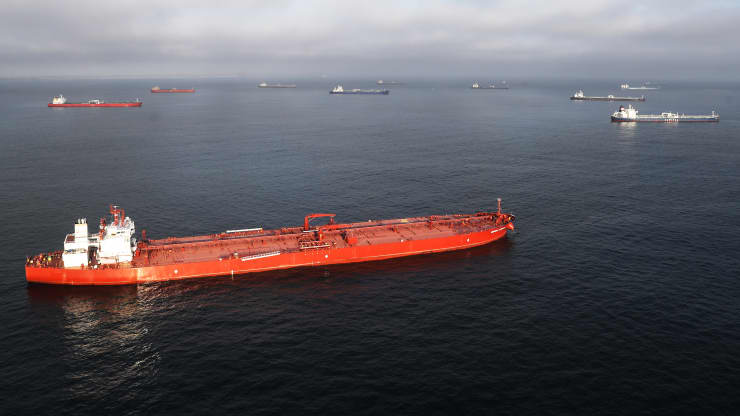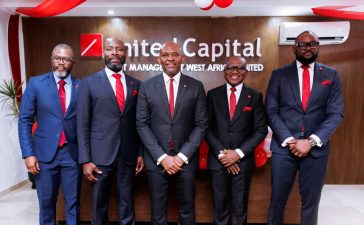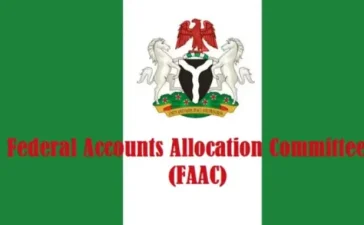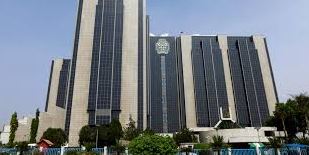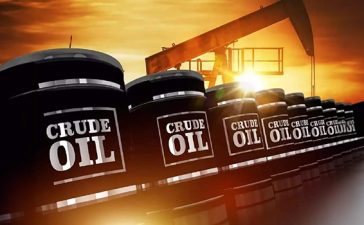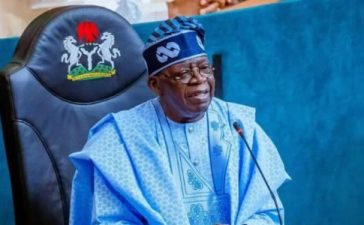The landing cost of Premium Motor Spirit (petrol) imported into the country has risen by 13.34 per cent in one month to about N180 per litre on the back of the increase in global oil prices.
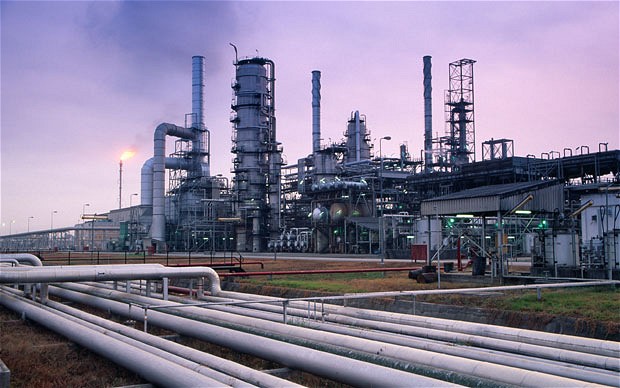 Crude oil price accounts for a large chunk of the final cost of petrol, and the deregulation of petrol price by the Federal Government last year means that the pump price of the product will reflect changes in the international oil market.
Crude oil price accounts for a large chunk of the final cost of petrol, and the deregulation of petrol price by the Federal Government last year means that the pump price of the product will reflect changes in the international oil market.
Going by the petrol pricing template of the Petroleum Products Pricing Regulatory Agency, the landing cost of petrol rose to N179.67 per litre last Friday from N158.53 per litre on January 7, with the expected open market price (pump price) of the product increasing to N202.67 per litre from N181.53 per litre.
The rising price of crude oil pushed the cost of petrol quoted on Platts to $543.25 per metric tonne (N157.99 per litre, using N390/$1) last Friday from $480.25 per MT (N139.67 per litre) on January 7. The international oil benchmark, Brent crude, rose to $59.34 per barrel on Friday from $53.70 per barrel on January 7. Apart from the changes in global crude oil prices, the exchange rate of naira to the dollar also affect the cost of imported petrol.
The devaluation of the naira last year contributed to the significant rise in the landing cost of petrol. The PPPRA used an exchange rate of N306.90/$1 on January 14, 2020 to calculate the cost of petrol, while N387.63/$1 was used on July 31.
IMF rules out Nigeria’s full economic recovery before 2022
Nigeria’s recovery from the impact of the COVID-19 is expected to be weak and gradual under current policies, the International Monetary Fund said on Monday.
The IMF also stated that the country’s real Gross Domestic Product is expected to recover to its pre-pandemic level only in 2022. It stated in its report titled ‘IMF executive board concludes 2020 Article IV consultation with Nigeria’ that real GDP growth in 2021 was expected to turn positive at 1.5 per cent.
It stated, “Nigeria’s recovery is expected to be weak and gradual under current policies. Real GDP growth in 2021 is expected to turn positive at 1.5 per cent. Real GDP is expected to recover to its pre-pandemic level only in 2022.”
The IMF stated that the near-term outlook was subject to downside risks from pandemic-related developments with Nigeria experiencing a second wave.
Over the medium term, subdued global recovery and decarboniszation trends were expected to keep oil prices low, it stated. The IMF said non-oil growth was also expected to remain sluggish, reflecting inward-looking policies and regulatory uncertainties.
Part of the report read, “The COVID-19 pandemic has placed Nigeria at a critical juncture. “The country entered the crisis with falling per capita income, high inflation, and governance challenges.

